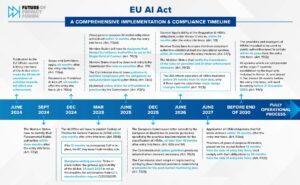How close to your actual home is the geo-info companies have about your IP address?
The debate around IP addresses as personal information hinges primarily around the fact that an ISP will usually have the identity of the subscriber assigned an IP address. So the real issue isn’t really about IP adresses, but rather how to handle information which may be non-personal to one party, but which is linked to personal information in the hands of others. IP address is one of the more prominent examples of this issue, because it is often the “clue” left behind by a someone visiting a Web site, searching, or creating an email account. But account identifiers that are personal to one company are often shared with others, for example Web analytics companies or ad networks who use this ID to help correlate web log data. The analytics company or ad network can not identify the user, but the data is handed back to the client who may be able to.
Here is how DoubleClick explains it:
DoubleClick’s ad-serving and search products utilize non-PII. Some of our clients may associate PII that you have given them (for example, a customer number, if you have registered at or purchased from their websites), with their advertising campaigns. Although this customer number may be passed from the client to DoubleClick’s ad servers during the ad delivery process, DoubleClick cannot recognize this information as PII and cannot link it to any person.
Let’s get back to IP addresses. We have posted previously about how most companies do not currently use IP to track users, relying on cookies for this. They are also needed for auditing, fraud and security purposes and we will post more on that in the future. But one of the most common uses is to estimate a user’s location for reporting and analytics or for ad targeting. How well does that work?
Here is a test from one IP geo-look-up site, WhatisMyIPAddress.com. My home is 60 miles or so away from the location identified. Not sure what service they are using for the data, some may be better than this which claims as follows: “Country accuracy is estimated at about 99%. For IP addresses in the United States, 90% accurate on the state level, and 81% accurate within a 25 mile radius. World-wide users indicate 60% accurate within 25 miles.
Try it. How accurate was yours?


